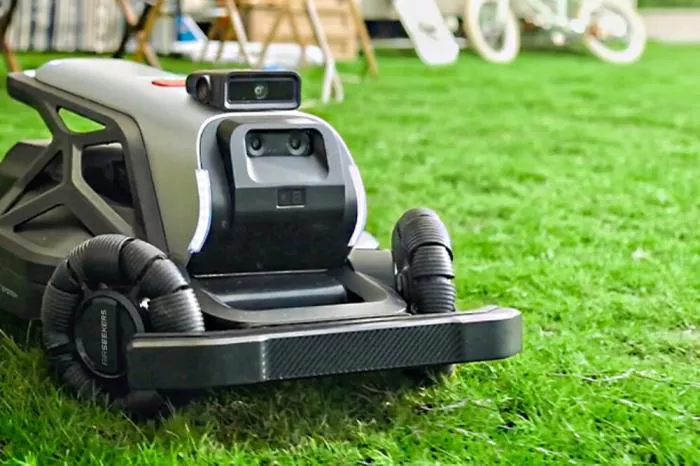As autonomous mowing technology advances, lawn care professionals face a pivotal question: Should they embrace robotic systems? These self-operating mowers promise daily pristine cuts, lower labor costs, and eco-friendly operation—but require significant upfront investment. While early adopters report increased efficiency and client satisfaction, the transition demands careful financial planning and ideal customer targeting. With potential regulatory changes favoring low-emission equipment, robotic mowers may soon shift from luxury option to industry standard. The decision to adopt now could separate forward-thinking landscapers from their competition.
Exploring the Viability of Robotic Lawn Mowers for Commercial Use
The rise of robotic lawn mowers presents an intriguing opportunity for lawn care professionals. While the technology offers significant advantages, it also comes with challenges that must be carefully weighed before adoption.
Key Benefits of Robotic Mowers
Robotic mowers can transform traditional lawn care operations by automating routine cutting tasks. By leasing these machines to clients, professionals can ensure lawns maintain a freshly trimmed appearance daily without manual labor. Additional advantages include:
- Elimination of fuel costs and emissions
- Reduced noise levels during operation
- Increased efficiency, allowing businesses to serve more clients
- Fewer labor expenses, including payroll taxes and insurance
Financial Considerations
Despite the long-term savings, the initial investment is substantial. High-quality robotic mowers from brands like Stihl and Husqvarna range from 3,500, with installation fees adding another 100,000.
To justify this expense, professionals may need to charge a premium—potentially an extra $100 per month per client—with a return on investment taking two to three years. Additionally, seasonal storage may be required in regions where year-round mowing isn’t feasible.
Overcoming Challenges
Success with robotic mowers depends on targeting the right clientele. High-net-worth individuals, who value convenience and aesthetics, are ideal candidates. Selling points include:
- Daily precision cutting without tire ruts
- Customizable mowing schedules
- Minimal noise and zero emissions
- Reduced foot traffic on property
Emerging Business Models
Some companies are already capitalizing on this trend. Robin, a Dallas-based startup, purchases robotic mowers in bulk and installs them at client properties, offering competitive pricing while maintaining profitability. Their approach demonstrates that creative solutions can make robotic mowing a viable business model.
The Future of Robotic Lawn Care
As Europe leads the way in regulating noise and emissions for outdoor power equipment, the U.S. may follow, increasing demand for robotic alternatives. Early adopters who refine their strategies now will be well-positioned to lead the industry as the technology evolves.
For lawn care professionals willing to navigate the initial hurdles, robotic mowers could represent the next big shift in the business—combining efficiency, sustainability, and client satisfaction.
Related topics:
- 60V MAX TORO ELECTRIC LAWN MOWER
- HONDA HRN216 LAWN MOWER SERIES
- HONDA COMMERCIAL LAWN MOWER REVIEW – HRC216HXA SELF-PROPELLED

